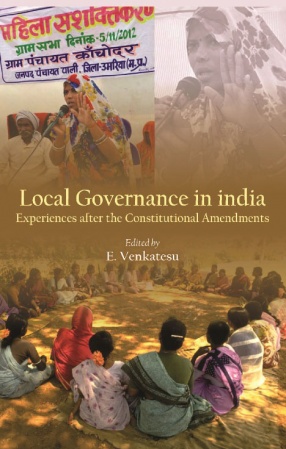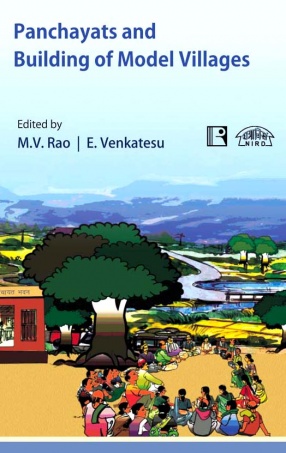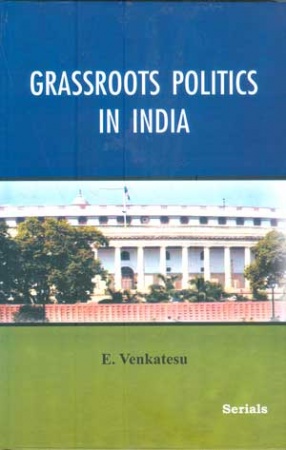
Showing all 3 books

The book, broadly, covers the experiences of Decentralisation in South Asia in general and India in specific. In Indian context the focus is on Institutional arrangements for Democratic Decentralisation, Constitutional mandatory provision of reservations to the lower casts, Scheduled Tribes and women, the role of local governance in service delivery, such as MGNREGA, Public Distribution through E-governance mechanism, Health Services, transference accountability, ...

The volume has numerous articles exploring the role and functioning of the panchayats in India and the effort to build model villages through rural development and addressing of concerns of rural areas. With case studies that include study of tribal areas and field experiences, it presents model gram panchayats and their role in building of model villages with reference to different states. In this context, it recognises and expands on microenterprise development ...

The book discusses three important aspects of the post-independent democracy. These three aspects include decentralization, transparency, and localization of the democracy. In India democracy is a modern phenomenon, which came into existence in the process of nationalism against British imperialist colonial domination. The founding fathers of the Constitution provided right to quality for all the citizen, but there were issues of decentralization, transparency ...
